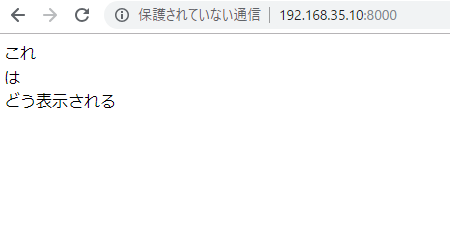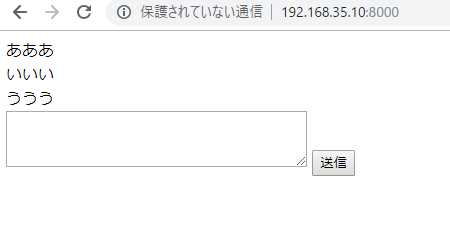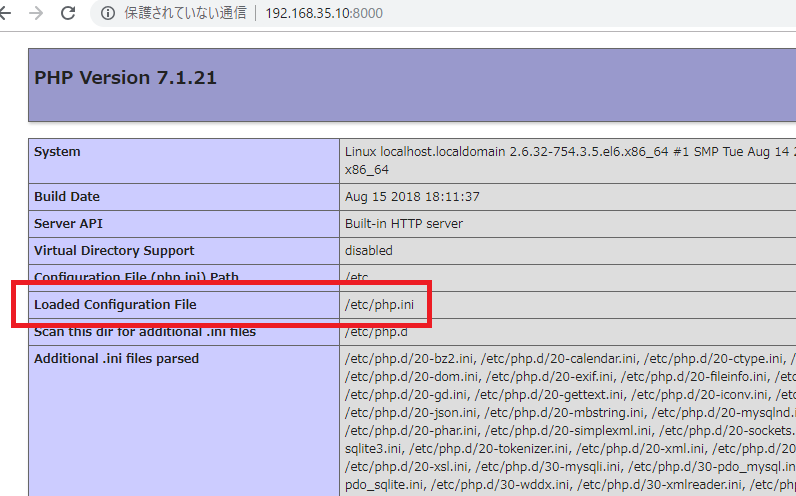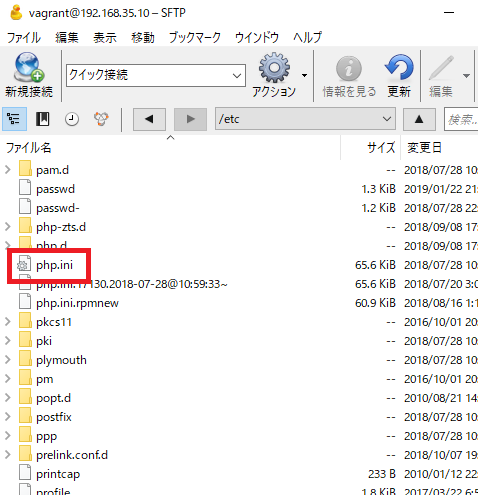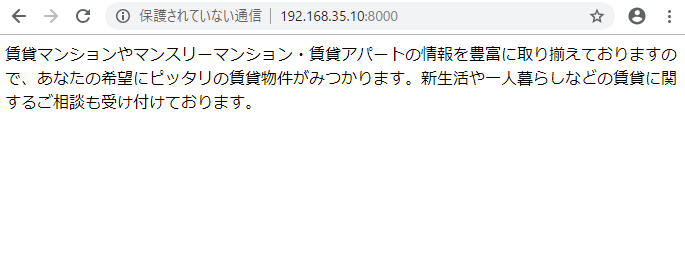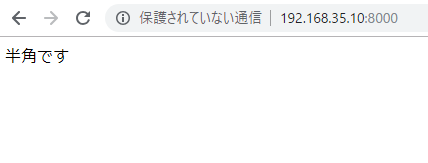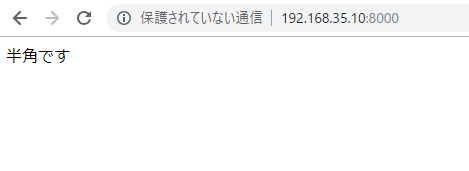If you do not have a framework convention, there is no doubt to follow PSR-2? Really?
PSR-2: Coding Style Guide
1. Overview
– code must follow a coding style guide psr-1!??
– code must use 4 spaces for indenting, not tabs
– there must not be a hard limit on line lenght
– there must be one blank line after the namespace declation
– opening braces for classes must go on the next line, and closing braces must go on the next line
– opening braces for methods must go on the next line
– visibility must be declared on the all properties and methods
– control structure keywords must have one space after them
– opening braces for control structures must go on the same line
– opening parentheses for control structers must not have a space after them
2. General
2.1 basic coding stand
– code must follow all rules outlined in PSR-1
2.2 files
– all php files must use the unix lf line ending
– all php files must end with a single blank line
– the closing ?> tag must be ommitted from files containing only php
2.3 lines
– there must not be a hard limit on line length
– the soft limit on line length must be 120 characters
– lines should not be longer than 80 characters;
– there must not be trailing whitespace at the end of non-blank lines
– blank lines may be added to improve readability and to indicate related blocks of code
– there must not be more than one statement per line
2.4 indenting
– code must use an indent of 4 spaces, must not use tabs for indenting
– using only spaces, and not mixing spaces with tabs, helps to avoid problems with diffs, patches, history, and annotations.
2.5 keywords and true/false/null
php keywords must be in lower case
php constants true, false, and null must be in lower case
3. Namespace and Use Declarations
– when present there must be one blank line after the namespace declaration
– when present, all use declarations must go after the namespace declaration
– there must be one use keyword per declaration
– there must be one blank line after the use block
<?php
namespace Vendor\Package;
use FooClass;
use BarClass as Bar;
use OtherVendor\OtherPackage\BazClass;
[/php]
<b>4. Classes, Properties, and Methods</b>
4.1 extends and implements
- the extends and implements keywords must be declared on the same line as the class name.
- the opening brace for the class must go on its own line;
class ClassName extends ParentClass implement \ArrayAccess, \Countable
{
}
– list of implements may be split across multiple lines, where each subsequent line is indented once.
4.2 properties
– visibility must be declared on all properties
– the var keyword must not be used to declare a property
– there must not be more than one property declared per statement
– property names should not be prefixed with a single underscore to indicate protected or private visibility
– a property declaration looks like the following
class ClassName
{
public $foo = null;
}
うおおおおおおお、 量多いな。。。
4.3 method
– visibility must be declared on all methods
– method names should not be prefixed with a single underscore to indicate protected or private visibility
– method names must not be declared with a space after the method name
public function fooBarBaz($arg1, &$arg2, $arg3 = [])
{
}
4.4 method arguments
– in all argument list, there must not be a space before each comma, and there must be one space after each comma.
– method arguments with default values must go at the end of the argument list
4.5 abstract, final and static
when present, the abstract and final declarations must precede the visibility declaration
when present, the static declaration must come after the visibility declaration
4.6 method and function call
5. control structures
– there must be one space after the control structure keyword
– there must not be a space after the opening parenthesis
– there must not be a space before the closing parenthesis
– there must be one space between the closing parenthesis and the opening brace
– the structure body must be indented once
– the closing brace must be on the next line after the body
5.1 if, elseif, else
if ($expr1){
}
5.2 switch, case
5.3 while, do while
5.4 for
5.5 foreach
5.6 try, catch
Closure
– closure must be declared with a space after the function keyword, and a space before and after the use keyword
– the opening brace must go on the same line, and the closing brace must go on the next line following the body
– there must not be a space after the opening parenthesis of the argument list or variable list, and there must not be a space before the closing parenthesis of the argument list or variable list
– in the argument list and variable list, there must not be a space before each comma, and there must be one space after each comma
– closure arguments with default value must go at end of the argument list
ああ、なんかすげー疲れた。。

